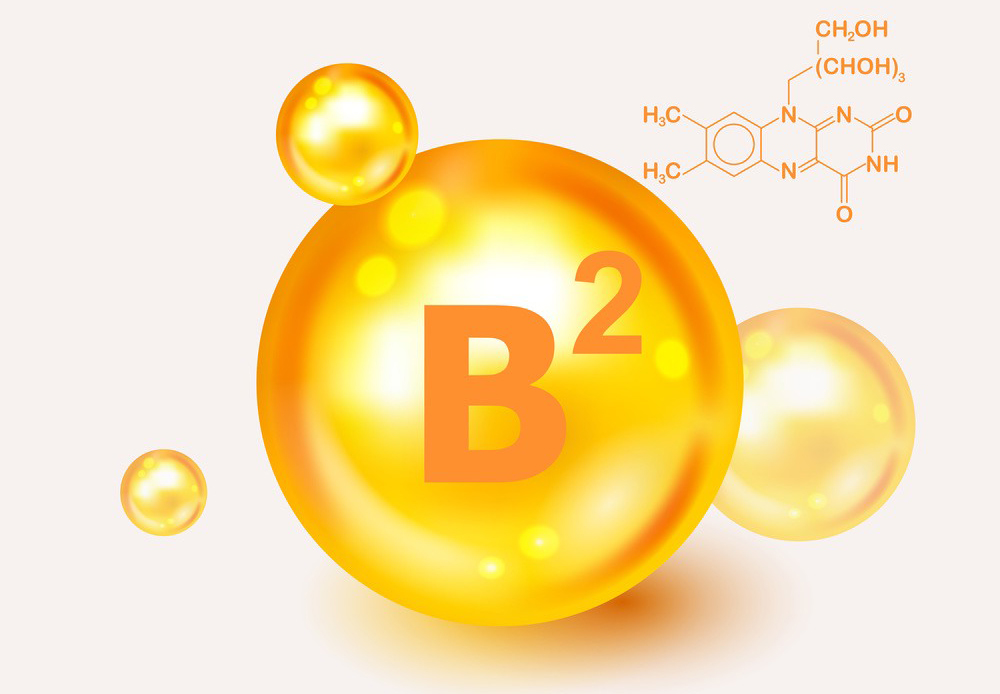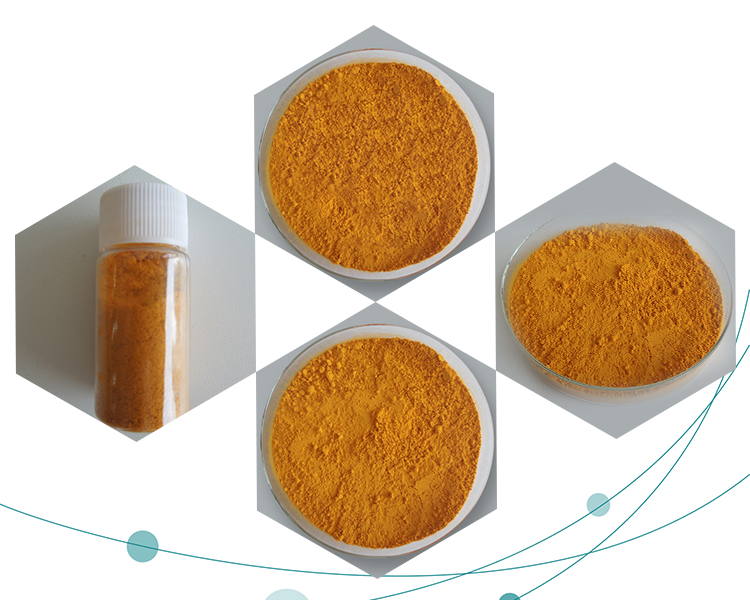Riboflavin, also known as Vitamin B2, is an essential nutrient that plays several important roles in the body. Here are the pros and cons of riboflavin:
Pros of Riboflavin:
- Energy Production: Riboflavin is crucial for the metabolism of fats, carbohydrates, and proteins, which are essential for energy production in the body.
- Antioxidant Properties: It acts as an antioxidant, helping to neutralize free radicals that can damage cells and DNA, thereby potentially reducing the risk of chronic diseases.
- Skin and Eye Health: Riboflavin is important for maintaining healthy skin, hair, and mucous membranes. It also supports good vision.

- Growth and Development: It is essential for normal growth and development, especially in children and adolescents.
- Red Blood Cell Formation: Riboflavin is necessary for the production of red blood cells, which carry oxygen throughout the body.
- Migraine Prevention: Some studies suggest that riboflavin supplements may help prevent migraines, though more research is needed to confirm this.
Cons of Riboflavin:
- Potential Side Effects: High doses of riboflavin can cause bright yellow discoloration of urine, which is harmless but may be alarming to some individuals.
- Digestive Upset: In some cases, riboflavin supplements can cause digestive upset such as nausea or diarrhea.
- Interactions with Medications: Riboflavin supplements may interact with certain medications, such as tricyclic antidepressants and some cancer treatments. It’s important to consult a healthcare provider before taking supplements if you are on medication.

- Not Recommended for Everyone: While riboflavin is generally safe for most people, individuals with certain medical conditions or allergies should consult a healthcare provider before taking supplements.
- Limited Evidence for Some Benefits: While riboflavin has many potential benefits, the evidence for some claims, such as migraine prevention, is not yet conclusive and requires further research.
Overall, riboflavin is an essential nutrient with numerous potential health benefits when consumed in appropriate amounts. However, like any supplement, it should be used judiciously and under medical supervision, especially at higher doses or in specific medical conditions.
